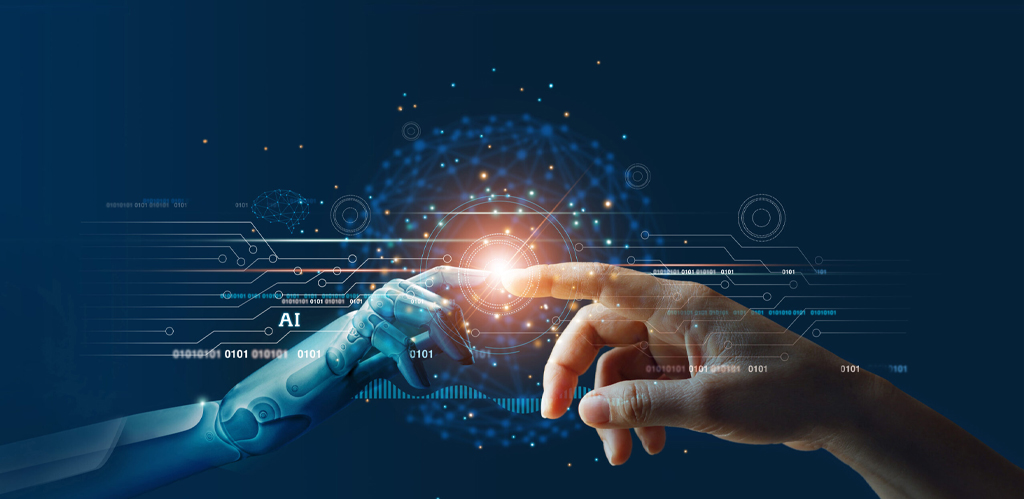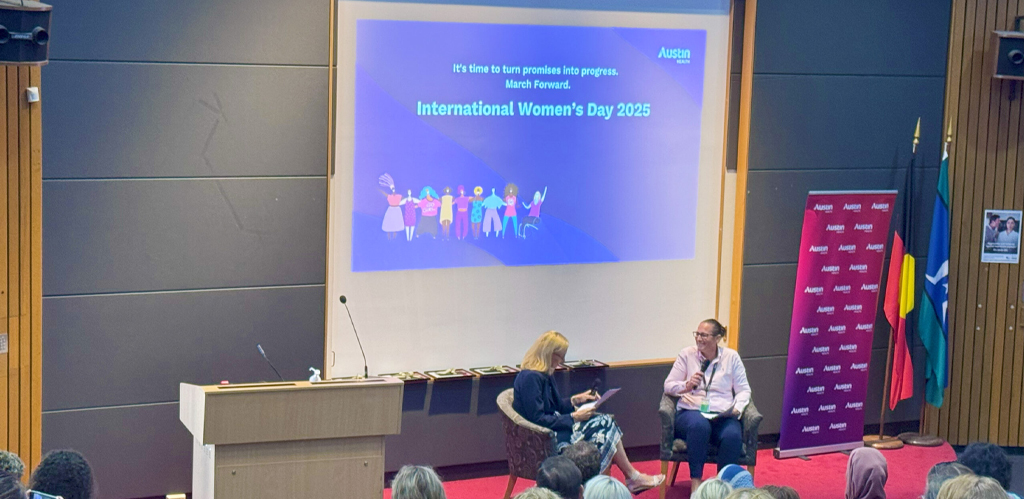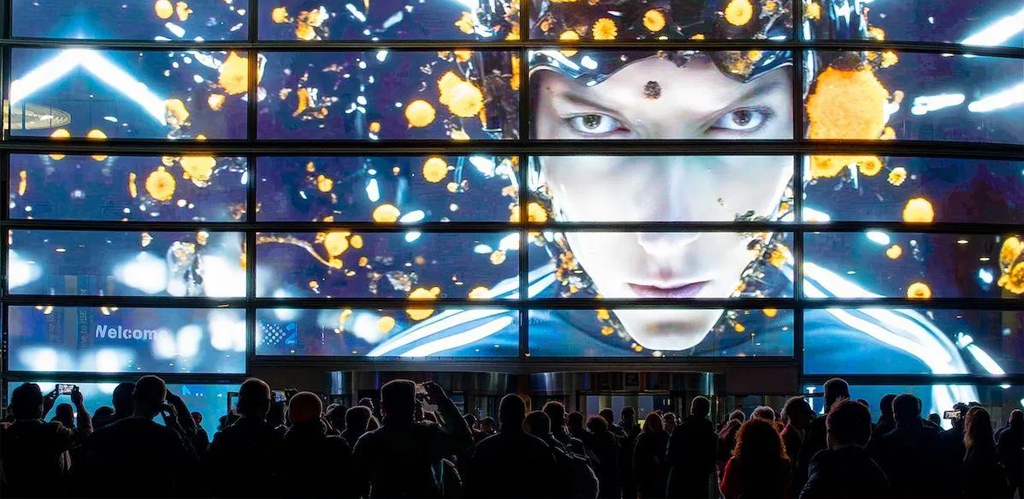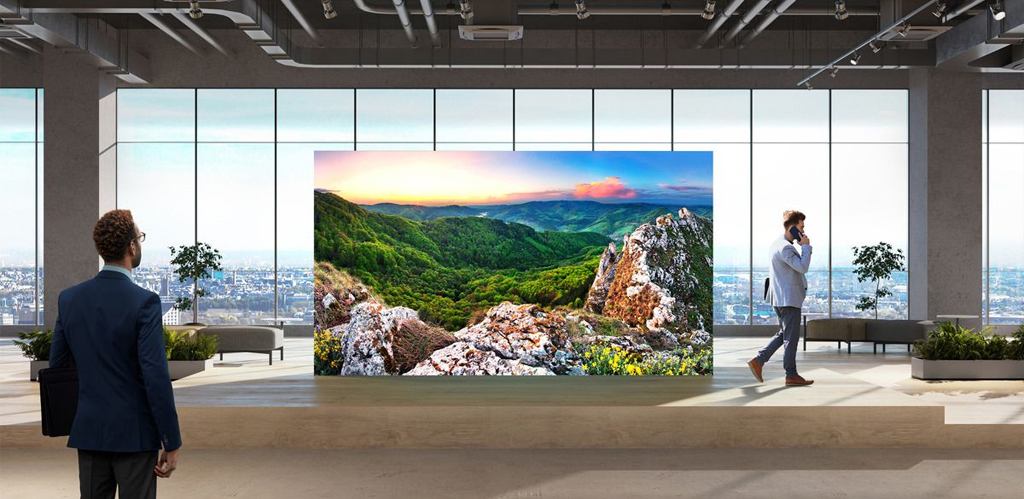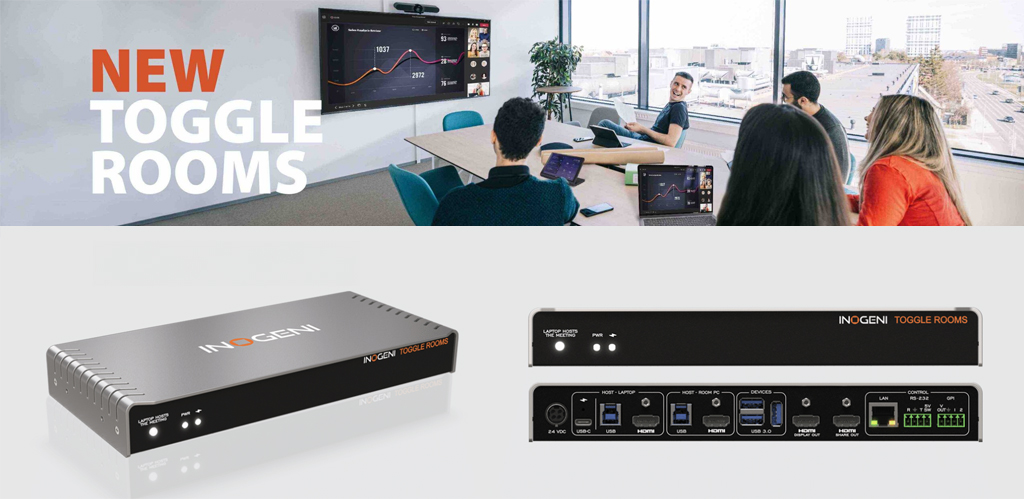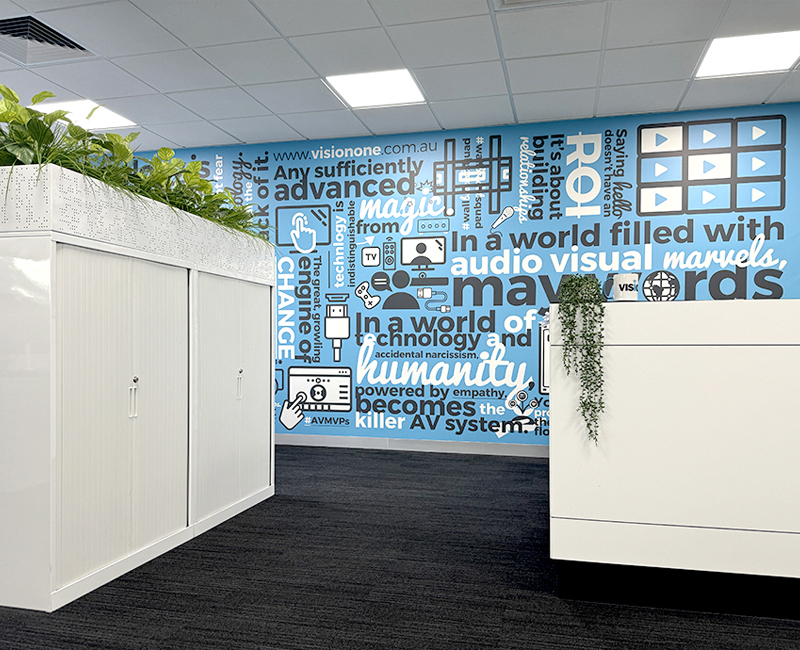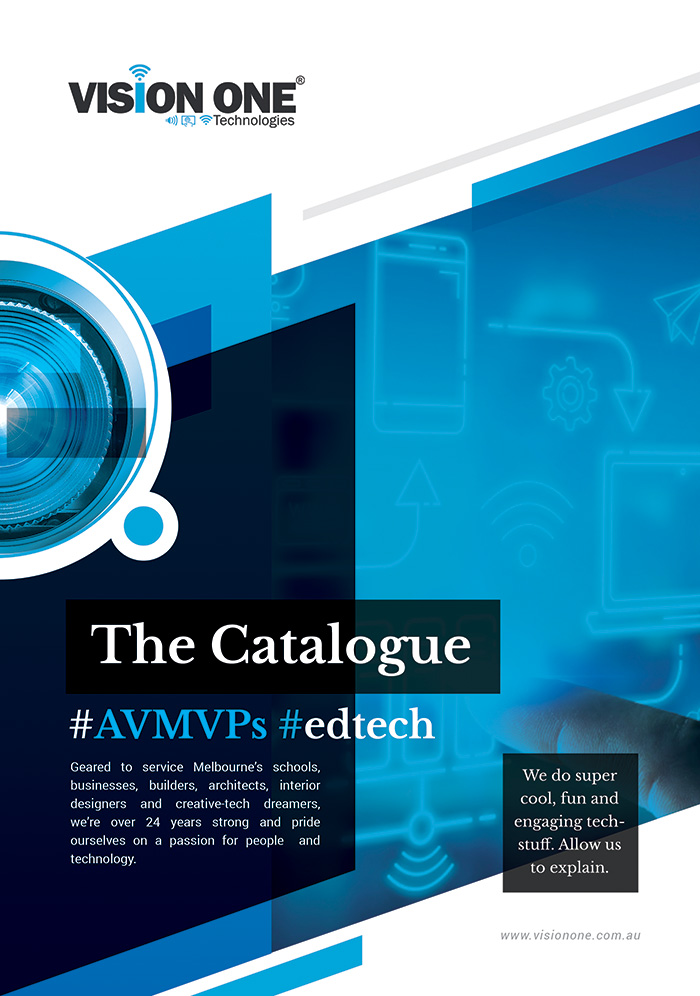The rapid evolution of artificial intelligence (AI) is reshaping industries across the board and the world of audiovisual technology is no exception. From smart automation and AI-powered video conferencing to intelligent audio processing and interactive digital signage, AI is revolutionising how we interact with AV solutions.
Gone are the days of purely manual control systems—today, AI can optimise AV experiences with features like real-time transcription, automated camera tracking, AI-driven sound engineering and even predictive maintenance for AV hardware. Whether it’s enhancing collaboration in corporate boardrooms, personalising digital signage for retail or transforming live event production, AI is pushing the boundaries of what’s possible in AV/T.
AI-Powered Automation in AV Systems
With the continuing rise of hybrid work, AI has become a game-changer in video conferencing and collaboration, making meetings more productive and immersive. Leading brands like Zoom, Microsoft Teams, Crestron and Yealink are leveraging AI to enhance virtual interactions.
- Intelligent Framing & Speaker Tracking: AI-powered cameras automatically adjust framing based on the number of participants and focus on active speakers.
- AI-Driven Noise Cancellation: Solutions like Nureva and Sennheiser use AI to eliminate background noise and enhance voice clarity.
- Real-Time Transcription & Translation: AI can generate real-time captions and translations, making meetings more accessible and inclusive.
AI is not only streamlining video conferencing but also improving engagement, accessibility and productivity for remote and in-person teams alike.
AI in Digital Signage & Interactive Displays
AI is revolutionising digital signage by enabling smart content delivery and interactive user experiences. From retail to corporate environments, AI-driven digital displays are transforming how brands communicate with their audiences.
- Audience Analytics: AI-powered digital signage can analyse demographics and engagement to deliver personalised content.
- Adaptive Signage: AI can adjust messaging based on weather, time of day or user behaviour, optimising marketing efforts.
- Facial & Gesture Recognition: Interactive displays can use AI to detect user engagement and respond with relevant information.
With AI integration, digital signage becomes more than just a display—it evolves into an intelligent, adaptive communication tool that enhances audience engagement.
AI in Pro Audio & Sound Engineering
AI is also making significant strides in professional audio, improving sound quality and efficiency for live events, studios and venues.
- AI-Driven Audio Mixing: AI can automatically balance audio levels, optimise equalisation and fine-tune sound for the best experience.
- Speech Enhancement: AI-powered algorithms can isolate voices, remove echoes and clarify speech in real-time.
- Predictive Maintenance: AI can detect issues in microphones, speakers and amplifiers before they fail, reducing downtime.
By leveraging AI in pro audio, sound engineers can achieve high-quality audio with less manual intervention, ensuring a flawless auditory experience.
AI in Live Events & Broadcasting
Live events and broadcasting have also benefited from AI-driven innovations, enabling more dynamic and immersive productions.
- Automated Camera Tracking: AI-powered cameras can follow speakers, performers or athletes without manual adjustments.
- AI-Generated Video Highlights: AI can analyse live footage and create instant highlight reels for sports, conferences and entertainment events.
- Real-Time Speech Translation: AI allows for real-time language translation and subtitle generation for international audiences.
By harnessing AI, live event producers and broadcasters can enhance storytelling, improve accessibility and streamline production workflows.
AI in Smart Classrooms & Learning Spaces
Education is undergoing a digital transformation and AI is playing a key role in modernising learning environments.
- Interactive Learning Tools: AI-powered smartboards, such as Microsoft Surface Hub and Google Jamboard, make lessons more engaging.
- Automated Lecture Recording & Summarisation: AI can capture lectures, generate transcripts and provide summarised notes.
- Personalised Learning Experiences: AI-driven analytics help educators tailor lessons to individual student needs and learning styles.
AI is helping schools and universities create more efficient, engaging and accessible learning experiences.
Ethical and Privacy Considerations in AI-Driven AV/T
While AI brings numerous advantages, it also raises ethical and privacy concerns that must be addressed.
- Data Privacy: AI-driven AV systems often rely on facial recognition, voice analysis and behavioral tracking, raising concerns about user data security.
- AI Bias & Fairness: AI algorithms can unintentionally reinforce biases, affecting decision-making in areas like facial recognition and automated translations.
- Regulatory Compliance: Organisations must ensure their AI-powered AV solutions comply with data protection laws and ethical guidelines.
As AI continues to evolve, businesses and institutions must implement responsible AI practices to balance innovation with privacy protection.
The Future of AI in AV/T: What’s Next?
Looking ahead, AI will continue to drive innovation in AV/T, introducing even more advanced and intelligent solutions.
- Generative AI for Content Creation: AI will assist in creating presentations, video scripts and interactive content for AV environments.
- AI-Powered Holograms & AR Integration: AI will enable more realistic holographic displays and augmented reality experiences for events and collaboration.
- Enhanced AI-Driven Cybersecurity: AI will play a crucial role in detecting cyber threats and securing AV networks from potential breaches.
The future of AI in AV/T is limitless and as technology evolves, businesses, educators and event professionals must stay informed and adaptable to harness AI’s full potential.
AI is transforming the AV/T industry, bringing smarter automation, enhanced collaboration, personalised digital experiences and advanced sound engineering. From boardrooms to classrooms, from live events to digital signage, AI is making AV solutions more intuitive, efficient and impactful.
However, with great innovation comes great responsibility. As AI becomes more embedded in AV/T, organisations must address privacy, security and ethical concerns while leveraging its potential to enhance user experiences.
The future of AI in AV/T is here—and it’s only getting started. How will you embrace AI in your AV solutions?
